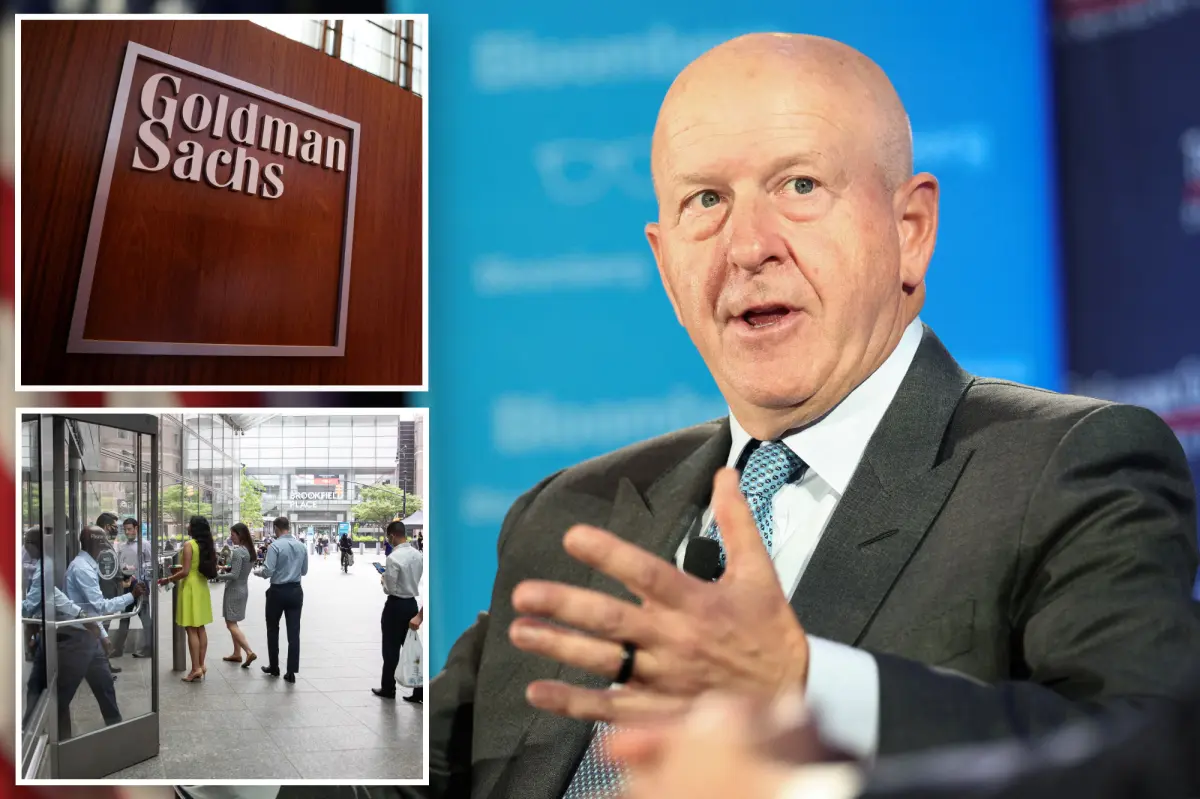Copyright New York Post

Goldman Sachs has promoted the lowest percentage of women to managing director since David Solomon took over as CEO — renewing scrutiny of the Wall Street giant’s diversity record after years of promises to elevate women into senior ranks. Women accounted for just 27% of Goldman’s new class of managing directors, according to figures released Thursday. Goldman told The Post that the overall number of managing directors from diverse backgrounds across the firm has remained flat or increased, even as this year’s class included a smaller share of women. The drop ends a steady upward trend since 2017, when 24% of promotions went to women, and falls below the 31% recorded in the last round of promotions in 2023. The statistics were first reported by Bloomberg News. The new managing director class is the biggest since 2021, with 638 execs total — 172 of them women. The drop in the percentage of women managing directors comes as Goldman continues to face fallout over the loss of several high-profile women and criticism that its leadership remains overwhelmingly male. In March 2024, The Wall Street Journal reported that roughly two thirds of women who were partners when Solomon became CEO in 2018 had since left or no longer held the title — compared to just under half of male partners. The firm responded at the time with a 12-point “briefing toolkit” for managers, admitting that “progress has been slow.” Russell Horwitz, the bank’s chief of staff, wrote in the memo that Goldman “hasn’t gone far enough” to promote and retain women, even as he pointed to incremental improvements in the share of women in vice president and managing director roles. Solomon publicly pledged to make inclusion a “core part” of his leadership during testimony to Congress in 2019. But in February, Goldman dropped its earlier policy of refusing IPO business from companies with all-white, all-male boards — a rule Solomon once touted as a landmark push for corporate diversity. This year’s promotions also coincide with a reshuffle that reduced women’s representation on the bank’s elite management committee to 22%, down from 25% earlier this year. Only one of roughly a dozen new appointments in Goldman’s investment banking division went to a woman. Solomon acknowledged last week that the firm’s progress remains uneven. “We’ve made a bunch of progress, especially in the senior ranks, but candidly not enough,” he said at the Economic Club of Washington. Several senior female executives — including former partners Stephanie Cohen, Beth Hammack and Alison Mass — exited in recent years, leaving a smaller contingent of women at the highest levels of the firm’s hierarchy. Cohen, once viewed as a potential future division head, went on leave in 2023 after overseeing Goldman’s troubled consumer business and is not expected to return. Hammack, a two-decade veteran trader who was once considered for chief financial officer, retired in 2024. Mass stepped down from the management committee but remained as chairman of investment banking. The departures left just a handful of women in Goldman’s top revenue-producing roles. The investment firm has also faced accusations of systemic bias. In 2023, Goldman agreed to pay $215 million to settle a long-running class-action lawsuit brought by more than 2,800 women who alleged discrimination in pay and promotion. The company denied wrongdoing.



